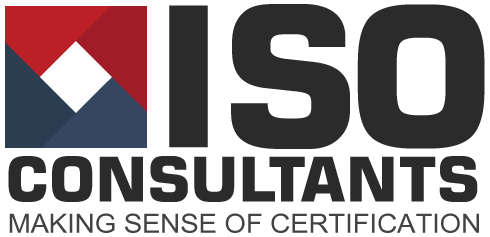ISO 22301
Business Continuity Management
ISO Consultant Colin says…
“ Being prepared for the worst is always wise, though in reality few businesses have the time necessary to make and keep updated a full Business Continuity Plan. ISO 22301 encourages the generation of plans which match the risks and resources within an organisation. It should be rooted in reality. Even if external certification against ISO 22301 is out of the question, following the principles it suggests is wise, and is also a requirement of many UK government contracts.”

What is ISO 22301 ?
ISO 22301 is the “what if?” standard, encouraging businesses to think about what they would do in disaster circumstances, such as loss of a headquarters building. How would they continue to deliver services to their customers? The standard pushes on from simple disaster recovery toward the goal of continuing in business despite a disaster, and encourages the development of a living “Business Continuity Plan”, regularly updated and amended, rather than written for a tender, and then forgotten (as often happens…!)

Flood - Fire - Cyber Attack
How would you business handle operations in the aftermath of a major fire, or perhaps a focused cyber attack on your information systems?

Reputation
Prove to customers, suppliers and tender request evaluaters that you have the resilience and responsibility equal to the leaders in your industry.

Save Money
By minimising downtime and improving on your recovery time, the financial benefits would be self-evident.
How can we help ?
Our wide background of industry experience, coupled with a distinctive down-to-earth approach means that we’re realistic, healthily pessimistic, but certainly not idealistic. It’s our conviction that, the closer the management system is how the business runs, the more likely it is that it will lead to compliance, and will be kept up to date and respected.
We currently offer the following routes in pursuing this set of ISO Standards
Each route is designed to help clients make ready for ISO auditing that will then lead to certification after successful and complete implementation of the standards. Face to face is more or less a complete management solution, whereas DIY ISO is for those who have the time and aptitude for hands on self progression towards standard implementation.
